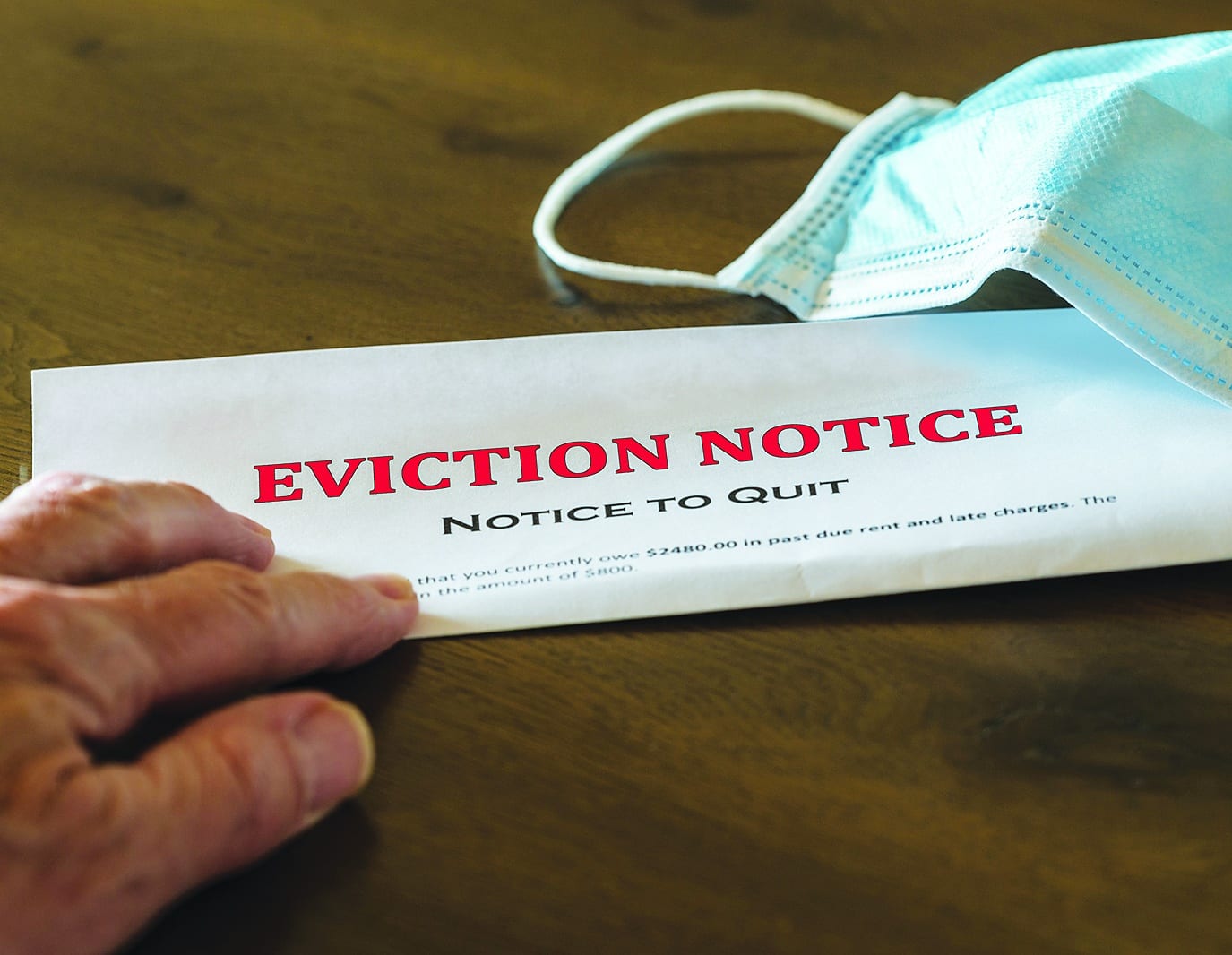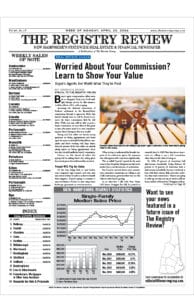Gov. Chris Sununu is continuing to push for flexibility in how New Hampshire uses federal rental relief funds, arguing that the U.S. Department of the Treasury should allow the state to apply the funds to affordable housing.
In a letter to Treasury Secretary Janet Yellen last week, Sununu requested that the federal agency grant a waiver to allow the state to use part of the remainder of its rental relief funding toward government investments in affordable housing and “public/private partnerships.”
“With its remaining allocation and added flexibility, New Hampshire could change the long-term future course for families and communities that continue to struggle with housing insecurity,” Sununu wrote in the letter – his second to the department over the past year.
New Hampshire began disbursing $200 million in federal funds in March 2021, using funds that were provided to the state under the federal Emergency Rental Assistance Program and made possible by the American Rescue Plan Act of 2021. It was the second program of its kind in the Granite State; in 2020, the Governor’s Office for Emergency Relief and Recovery set up a rental assistance program using funds provided by the 2020 CARES Act.
But the rental assistance – which requires landlords and tenants to jointly agree to apply, and which can cover up to 15 months of past rent or 12 months of future rent – has presented challenges to the organizations distributing it. Interest and uptake appeared to be slow until legal aid agencies partnered with the distributing organizations and set up tables outside an eviction courtroom in Manchester, giving tenants a final chance to stay in their housing.
Today, the state has distributed just under half of its allocation: $87.2 million as of Jan. 9, according to the New Hampshire Housing Finance Authority, which said 11,448 households have been helped at an average of $7,618 each. But a backlog persists: 4,596 applications are still pending and 4,268 have been withdrawn.
Meanwhile, state officials are facing concerns over funds expiring; under the federal funding bill, the federal aid provided in the first tranche of funding is due to expire on Sept. 30. The Treasury Department announced plans last fall to begin “recapturing” funds from certain states and municipalities that had not spent the money fast enough.
Amid the uncertainty, Sununu argued in his letter for flexibility, arguing that the lack of affordable housing had exacerbated the state’s crisis of low vacancy rate and high rent.
“We believe this funding will have a much greater and longer-term positive impact on the State’s working families if we are allowed to invest in our most critical housing related expense – the increase in building costs due to the pandemic,” Sununu wrote.
This story is republished from the New Hampshire Bulletin under a Creative Commons license.


